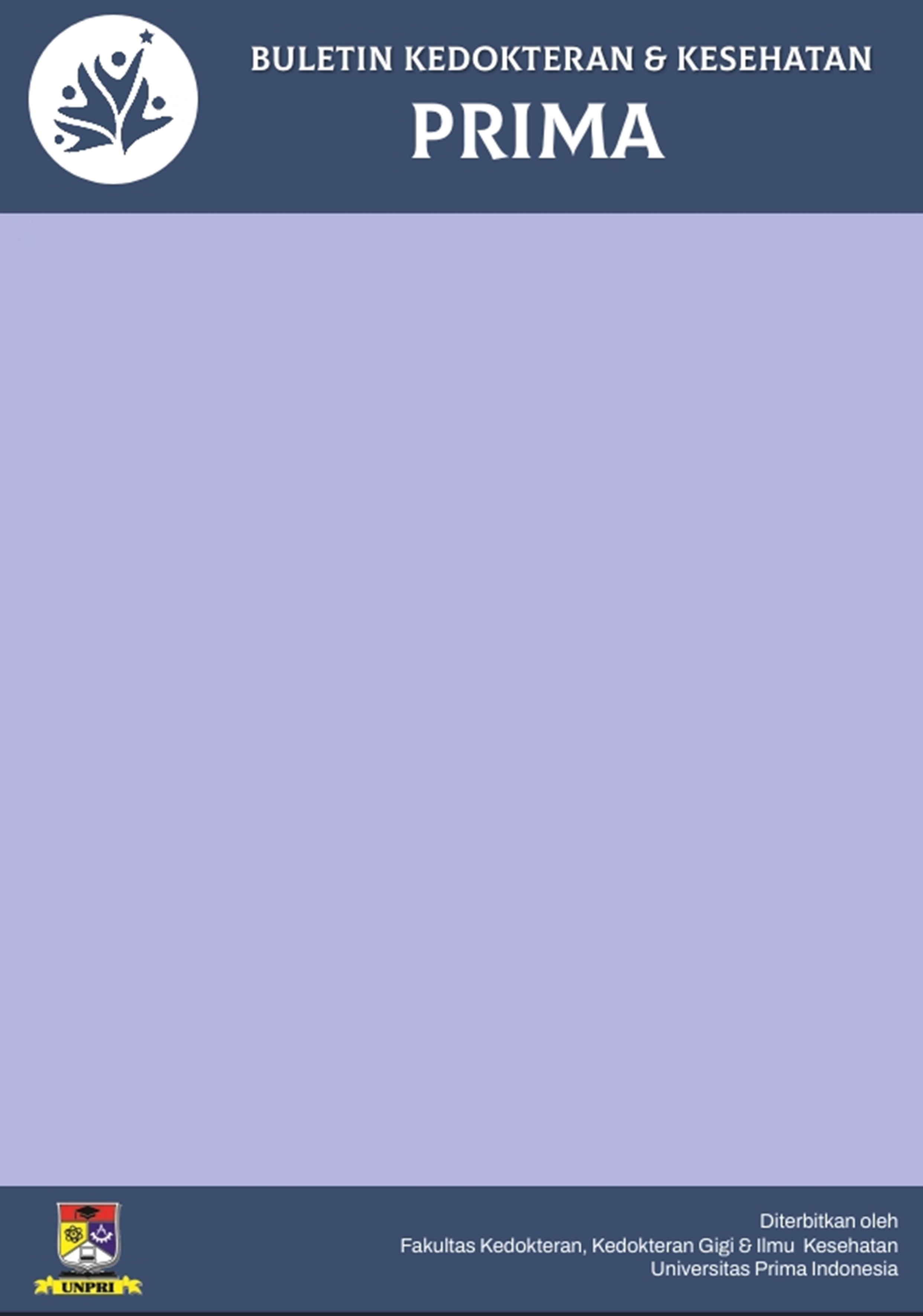Abstract
Humanity and other living organisms coexist within the environment. Rivers, as essential components of the environment, provide critical benefits for human survival, including supplying water for daily use, supporting fisheries, and facilitating water transportation. However, human activities frequently exert negative impacts on river ecosystems, such as the disposal of solid and industrial waste. This study aimed to identify the factors influencing community waste disposal practices in the Deli River, Petisah Village, in 2023. Employing a quantitative, descriptive-analytical cross-sectional survey design, the study population comprised 250 residents residing along the Deli River, from which a sample of 154 participants was selected through simple random sampling. Bivariate analyses were conducted using the Chi-square test. The findings demonstrate significant associations between waste disposal behavior and knowledge (p=0.004), attitude (p=0.004), practices (p<0.001), and infrastructure (p=0.008). Furthermore, logistic regression analysis identified infrastructure as the strongest predictor of waste disposal behavior, indicating that inadequate infrastructure increases the likelihood of respondents disposing of waste into the river.

This work is licensed under a Creative Commons Attribution-NonCommercial 4.0 International License.
Copyright (c) 2025 Artosi Sumana Lumban Batu, Rapael Ginting, Hartono Hartono
